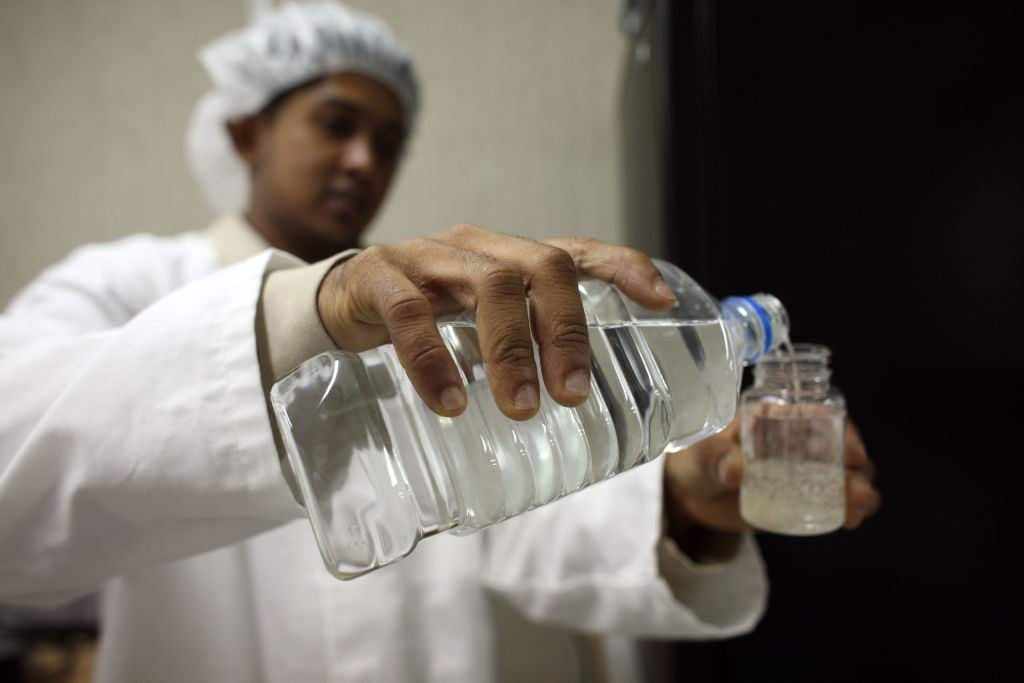Vegas Startup Gets $4 Million to Pull Water from Desert Air
A Las Vegas startup is transforming desert air into water, and it could be a breakthrough solution for regions that are facing severe shortages. Founded in 2024, WAVR was established…

A Las Vegas startup is transforming desert air into water, and it could be a breakthrough solution for regions that are facing severe shortages. Founded in 2024, WAVR was established in UNLV laboratories and has developed prototypes of a hydrogel membrane that is 3D printed to harness water from the air. The hydration capabilities of tree frogs inspired the material to absorb and convert moisture into potable water.
"After three years, we successfully developed the fundamental demonstration of our technology," explained WAVR's Chief Technology Officer Yiwei Gao, PhD. The startup's hydrogel membrane is a squishy, sponge-like material that efficiently draws water from dry desert air. "This kind of squishy-like substance here is our hydrogel membrane," said Emilie Luong, WAVR technician.
Gao said the breakthrough stems from both scientific and personal motivations. "The water scarcity is always a big problem to everyone living in this town. So, we will say like, as the scientist, as the engineer, what can we do to make some contribution to solve the issue?" Gao said.
The company has raised approximately $4 million in seed funding from private donors and the Nevada State-Sponsored Venture Capital Program. The funding will be used to expand research and development, to build larger pilot systems capable of producing hundreds to thousands of gallons daily. WAVR's CEO, Rich Sloan, has stated that the company is committed to maintaining its manufacturing operations in Las Vegas while aiming to deliver scalable drinking water solutions within the next decade.
"It works in the lab. Now they want to scale and show that they can do it with bigger units and bigger volumes of water," said Len Jessup, former UNLV president and now founder of Desert Forge Ventures. Jessup emphasized that WAVR's progress highlights the strength of Las Vegas's startup ecosystem, which is diversifying the city's economy while tackling urgent water issues.
The startup's work aligns with cities worldwide's pursuit of atmospheric water harvesting technologies, with researchers viewing it as a promising and inevitable approach to addressing global water scarcity.


